SHILLONG, MAY 8: The six-party Meghalaya Democratic Alliance (MDA) government led by the National People’s Party (NPP) has decided to say “No” to the Citizenship (Amendment) Bill, 2016 proposed by the Centre to make illegal migrants who belong to six communities eligible for citizenship of India.
The unanimous decision was taken at a Cabinet meeting chaired by the chief minister Conrad K Sangma here on Tuesday, which is one day ahead of the visit by the Joint Parliamentary Committee on the Citizenship (Amendment) Bill, 2016 to solicit views from the state government and stakeholders.
The Bill was introduced by Centre in Lok Sabha in July 2016 to amend the Citizenship Act, 1955 to make illegal migrants who belong to six communities viz Hindus, Sikhs, Buddhists, Jains, Parsis and Christians from Afghanistan, Bangladesh and Pakistan, eligible for citizenship of India.
“The Cabinet has decided to say no to the Citizenship (Amendment) Bill, 2016 proposed by the Centre after taken into consideration and detailed discussion on the draft Bill,” Deputy Chief Minister Prestone Tynsong told reporters after the meeting.
Asked the reason behind the decision of the government which the Bharatiya Janata Party (BJP) is one of the coalition partners, Tynsong said the Cabinet has decided to oppose the Bill as it does not serve the purpose of the people in Meghalaya being a small tribal state.
He also pointed out that Bill is “dangerous” taking into consideration the Meghalaya and the North East region is bounded by Bangladesh, Nepal, China, Myanmar.
“This looks dangerous as a Christian or a Hindu once they are here in 6 years time they can become a citizen of India,” he added.
The deputy chief minister further informed that the stand of the Cabinet will be officially communicated to the Centre through the Joint Parliamentary Committee, which will be visiting the state for two days from May 10.
The proposed Bill states – “Provided that persons belonging to minority communities namely Hindus, Sikhs, Buddhist, Jains, Parsis and Christians from Afghanistan, Bangladesh and Pakistan, who have been exempted by the central government by or under clause (c) of sub-section (2) of Section 3 of the Passport (Entry into India) Act, 1920 or from the application of the provisions of the Foreigners Act, 1946 or any order made thereunder, shall not be treated as illegal migrants for the purposes of the Act.”
It also added – “Provided that for the persons belonging to minority communities, namely, Hindus, Sikhs, Buddhists, Jains, Parsis and Christians from Afghanistan, Bangladesh and Pakistan, the aggregate period of residence or service of a government in India as required under this clause shall be read as “not less than six years” in place of “not less than eleven years”.
Meanwhile, NGOs in the state particularly the Federation of Khasi-Jaintia and Garo People (FKJGP) has decided to stage a protest during the visit of the Joint Parliamentary Committee on the Citizenship (Amendment) Bill, 2016.
By Our Reporter

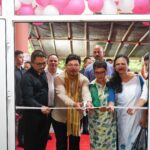

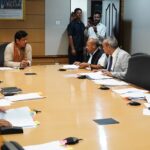


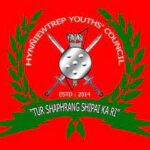



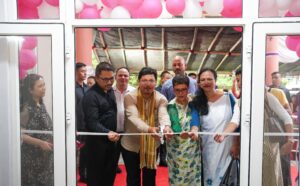
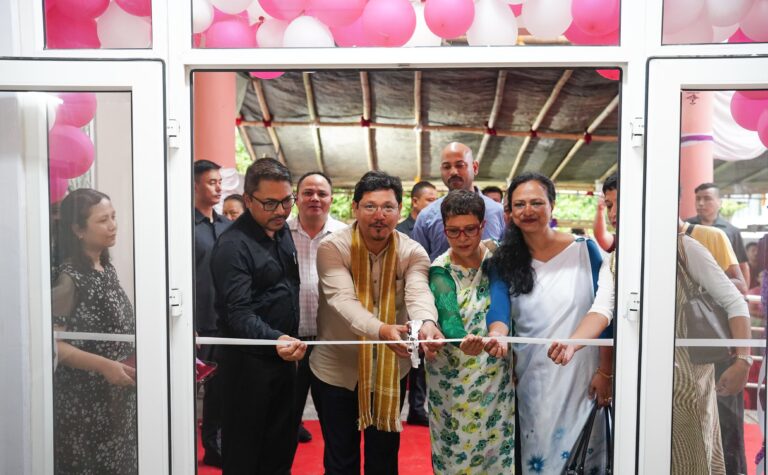
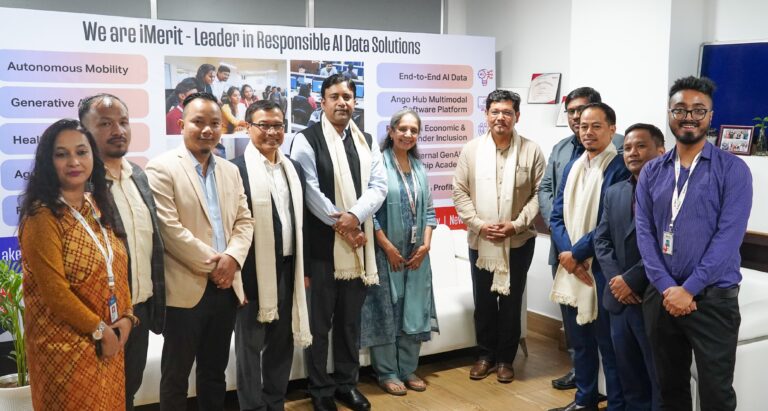
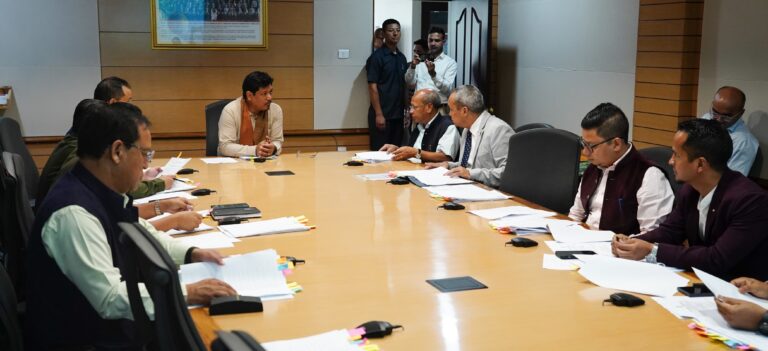
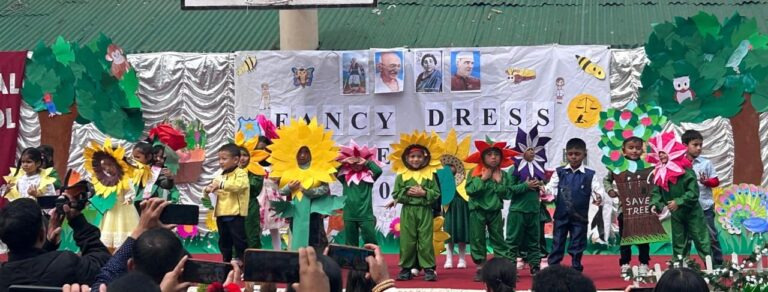
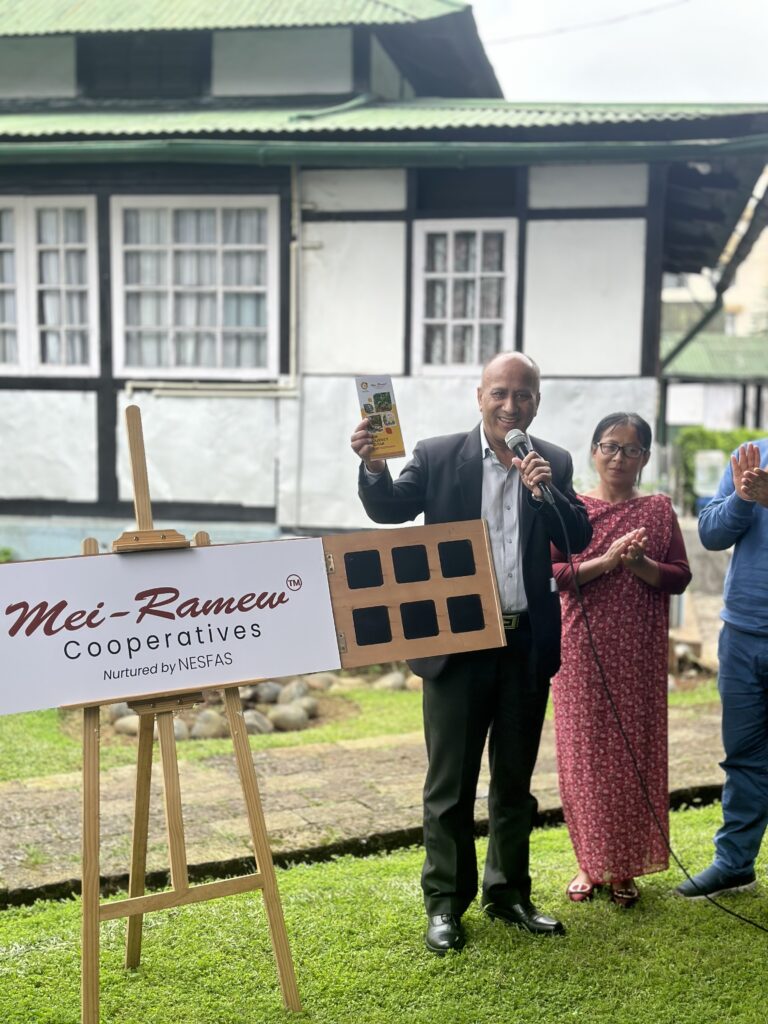
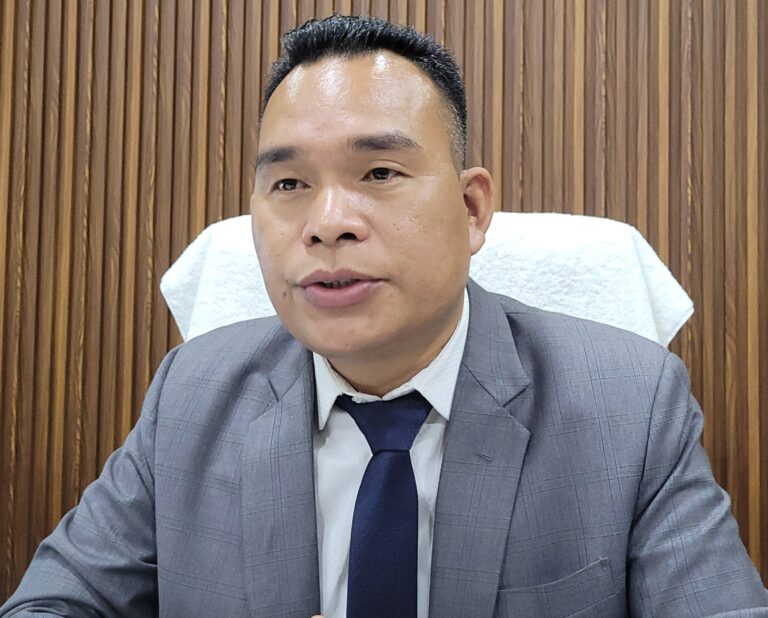
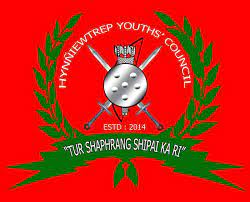


+ There are no comments
Add yours